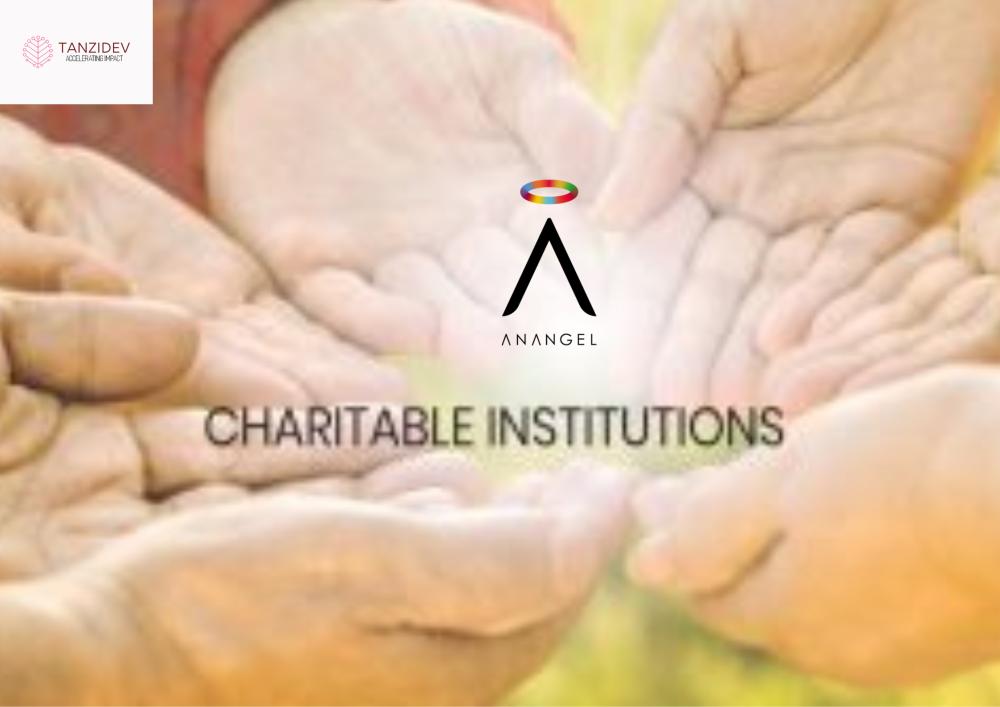

Blockchain in Mauritius: Pioneering a Digital Revolution
Blockchain technology has transcended borders and found its way to the tropical island nation of Mauritius. With its potential to revolutionize industries and enhance transparency, security, and efficiency, blockchain is being embraced by the Mauritian government and various sectors. In this blog, we will explore the progress and initiatives related to blockchain in Mauritius, highlighting the transformative impact it has on the country's digital landscape.
Government Support and Initiatives
The government of Mauritius has shown a proactive approach to fostering blockchain innovation and adoption. It recognizes the potential of blockchain technology to drive economic growth and attract foreign investment. Here are some notable initiatives:
Blockchain Sandbox License: The Financial Services Commission (FSC) of Mauritius introduced the Regulatory Sandbox License, allowing blockchain-based businesses to experiment and operate within a controlled environment. This enables innovative companies to test their blockchain solutions while ensuring compliance with regulatory requirements.
Blockchain Innovation Centre: In 2018, the government established the Blockchain Innovation Centre (BIC) in collaboration with local and international partners. The BIC serves as a hub for blockchain research, development, and education, fostering collaboration between academia, industry, and government agencies.
National Blockchain Strategy: The government formulated a National Blockchain Strategy to outline the roadmap for the adoption and integration of blockchain technology across various sectors. The strategy focuses on areas such as finance, healthcare, supply chain management, and public services, aiming to enhance efficiency, transparency, and security.
Real-World Applications in Mauritius
Financial Services: Blockchain has made significant inroads in the financial sector of Mauritius. The Central Bank of Mauritius has explored the use of blockchain for cross-border payments, digital identity, and Know Your Customer (KYC) processes. Blockchain-based platforms have also emerged to facilitate peer-to-peer lending and crowdfunding, opening up new avenues for access to finance.
Land Registry: The government of Mauritius has initiated a pilot project to explore the use of blockchain for land registry purposes. By recording land transactions on a transparent and immutable blockchain, the government aims to streamline the process, reduce fraud, and enhance trust in property transactions.
Trade and Supply Chain: Blockchain technology holds tremendous potential for optimizing trade processes and enhancing supply chain transparency in Mauritius. By tracking and verifying the movement of goods across the supply chain, blockchain can reduce paperwork, combat counterfeiting, and improve efficiency in international trade.
Digital Identity: Blockchain-based digital identity solutions are being explored to provide secure and self-sovereign identities for individuals in Mauritius. This initiative aims to simplify identity verification processes, enhance data privacy, and empower individuals to control their personal information.
Challenges and the Way Forward
While blockchain technology presents exciting opportunities, Mauritius faces a few challenges in its adoption:
Awareness and Education: Promoting awareness and education about blockchain technology is crucial to encourage its adoption across sectors. Efforts should be made to educate businesses, individuals, and policymakers about the benefits and potential applications of blockchain.
Collaboration and Partnerships: Encouraging collaboration between government agencies, private enterprises, and academia is vital to drive blockchain innovation in Mauritius. Public-private partnerships and knowledge-sharing initiatives can facilitate the development and implementation of blockchain solutions.
Regulatory Framework: As blockchain evolves, the government needs to establish a comprehensive regulatory framework to address legal and compliance issues. This includes ensuring data privacy, protecting consumers, and preventing money laundering and fraud in blockchain-based transactions.
Conclusion
Mauritius is embracing the potential of blockchain technology to transform industries, enhance transparency, and drive economic growth. Through government initiatives, collaboration, and the exploration of real-world applications, Mauritius is positioning itself as a regional leader in blockchain innovation. By overcoming challenges, fostering education


